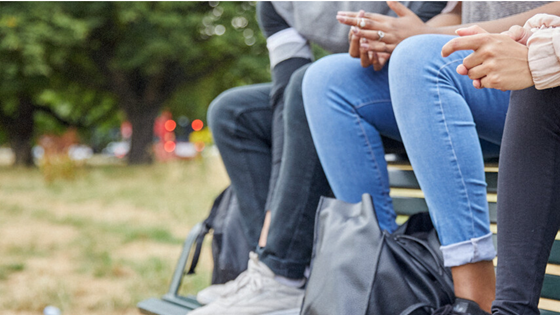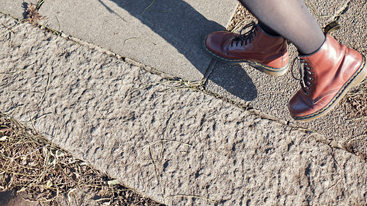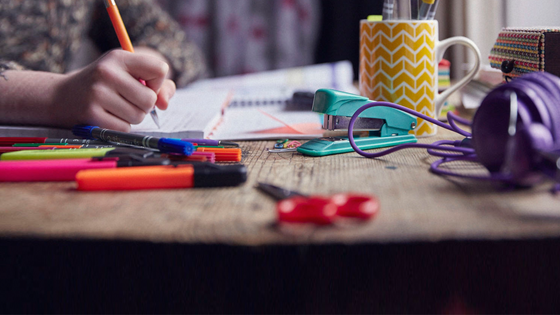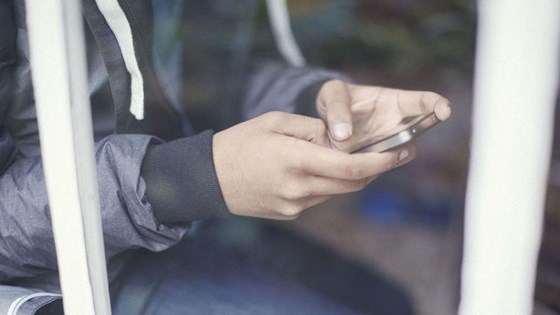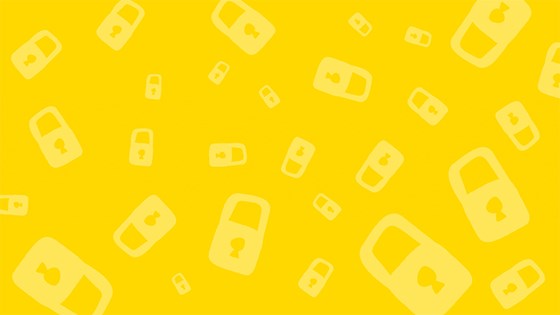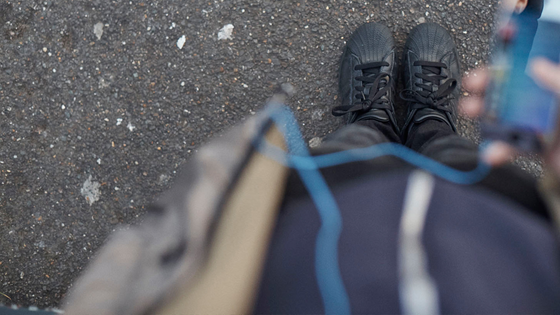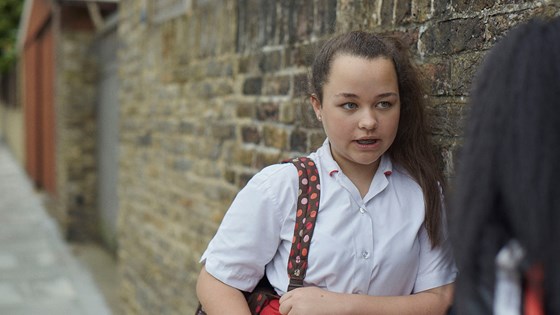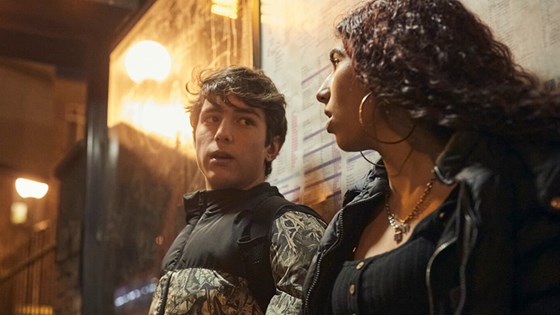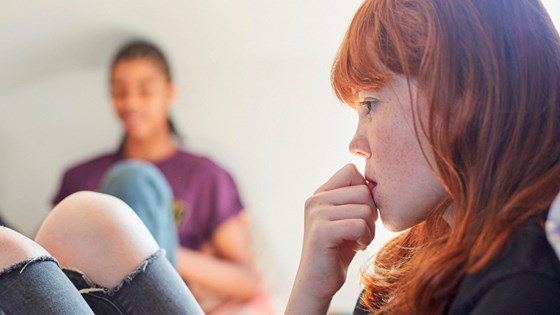Different types of drugs and their effects
There are lots of different types of drugs and they can all be harmful.
Illegal drugs are described in different classes (A, B and C) depending on how unsafe they are. The harmful effects of these include feeling paranoid, depressed, dizzy, anxious, out of control or physically ill (vomiting). They can also make you feel 'high', relaxed, happy, confident and energetic.
They can affect mental and physical health. You never know how your body will react, so while 1 person might be fine, another might end up with a reaction that could harm them. By taking any type of illegal drug you are also at risk of poisoning, overdosing or dying. The find out more about different types of drugs and their effects, visit Talk to Frank
The punishment for taking, carrying, sharing or selling drugs depends on the type of drug. If the police caught you with any type of drug you could be arrested and sent to prison. You might also not be allowed to travel to certain countries like the USA or Australia. Illegal drugs are described in different 'classes' depending on how addictive or unsafe they are.


